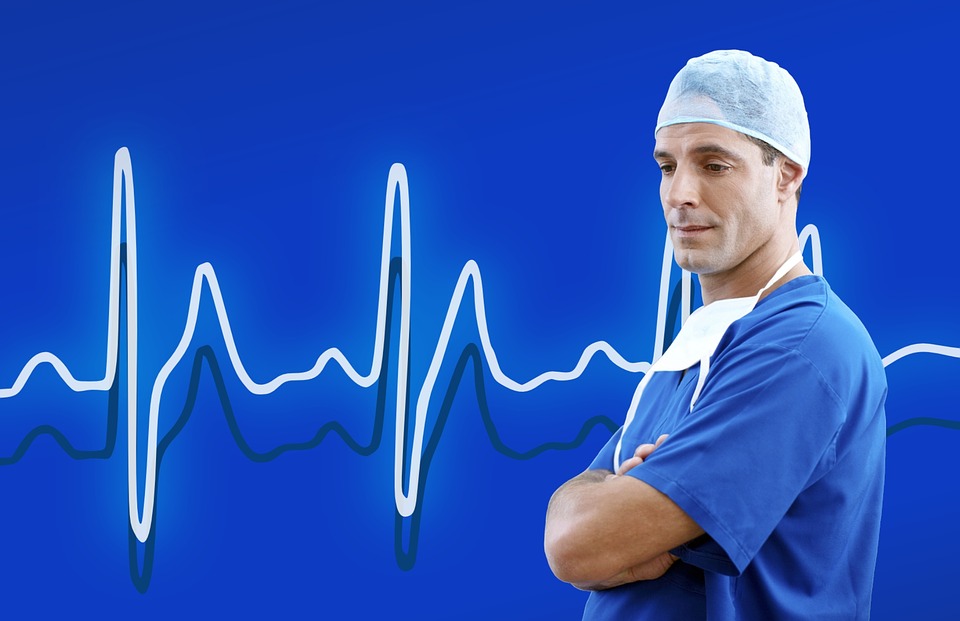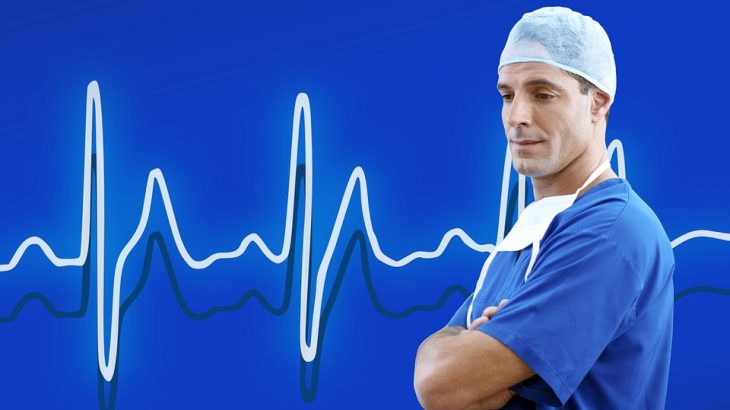Your heart is your utmost crucial organ that works hard to deliver oxygen throughout the body. You should never ignore any signs of heart trouble, no matter how subtle or small the signs maybe. Here is a list of top five signs to look for when facing heart trouble. If you are suffering from one or more of these signs, do not hesitate to see a cardiologist as it could be the difference between life and death.

1. Chest pain
The main cautionary sign is chest discomfort, especially that which increases with exertion. Angina refers to the discomfort or chest pain caused when the heart muscle does not receive enough oxygen-rich blood. Angina may feel like a squeezing sensation or pressure in the chest area. Sometimes, it can also lead to discomfort in back, shoulders, neck, arms, or jaw. However, angina is not a disease or a condition; it is just a sign that a person may have an underlying heart problem, generally coronary heart disease (CHD). Remember any pain in the chest should be taken as pain in the heart and checked up to rule out heart disease. Better to be safe than sorry!
2. Breathlessness
Another sign to watch out for is breathlessness. This sign is only of a concern when it happens independently of exercise or any rigorous activity or “out of proportion” to the level of exercise. For instance, if you experience breathlessness with minimal exertion, or it occurs at a progressively lesser amount of exertion/activity, it is time for you to see a cardiologist as it can indicate a blockage, congestive heart failure or valve problems.
3. Sweating
Sweating profusely in the absence of fever and in association with any of the other above symptoms could mean that you have a heart problem. Sweating is an autonomic reaction to stress related to heart problems. Again, the sweating should be “out of context: to the surroundings or “out of proportion” to the level of exercise. Sweating while eating (gustatory sweating), however, is a sign of diabetes and not of heart disease.
4. Feet or Facial Swelling and pain
Swelling in the feet, legs, or ankles can be a major sign of heart conditions. Leg pain, especially the ones that are linked to walking, could be a sign of blockages in the arteries of the legs which are caused due to peripheral artery disease (PAD) just like blockages in the heart arteries causes pain in the chest on walking. PAD is highly associated with not only disabilities and amputations, but also with heart attacks and stroke. Swelling of the ankles or feet can cause circulation difficulties in the veins which lead to venous insufficiency and varicose veins. Over time, this can cause blood clots or painful leg ulcers. Swelling of the lower body parts happens when fluid builds up due to decreased blood flow (decreased pumping by a weak heart). If your footwear or pants suddenly feel unusually tight, this can be a sign of worsening heart disease. In addition, if someone is experiencing shortness of breath and sudden facial swelling, it is likely to be because of an underlying heart condition.
5. Syncope (Unconsciousness)
Syncope is a temporary loss of consciousness usually linked to inadequate blood flow to the brain. It is also known as fainting and is likely to occur when blood pressure drops below normal level (hypotension) or due to abnormally slow heartbeat due to electrical blockage of the heartbeat. Due to low blood pressure and/or low heart rate, oxygen fails to reach the brain as the heart does not pump enough, and this can be a sign of an underlying heart condition.
6. Palpitations (irregular heartbeat)
The heartbeat may become abnormally fast (“tachycardia”) causing you to feel palpitations or pounding sensation in the chest or abnormally slow (“bradycardia”) causing a feeling of weakness and repeated fainting spells /falls. Irregular fast or slow heartbeat is a sign of serious heart disease and must be checked up immediately because it signifies a fault in the electrical supply of the heart.
If you have even one of the above symptoms, you should not wait to see a cardiologist. If you are looking for a good cardiologist in Delhi , you should visit hospitals like Max Healthcare, as they have a panel of renowned specialist to ensure you a speedy recovery. Your heart’s health is vital if you want to lead a long and healthy life. Even though some heart conditions are genetic, you can have a healthy diet and exercise regularly to help combat heart disease.






